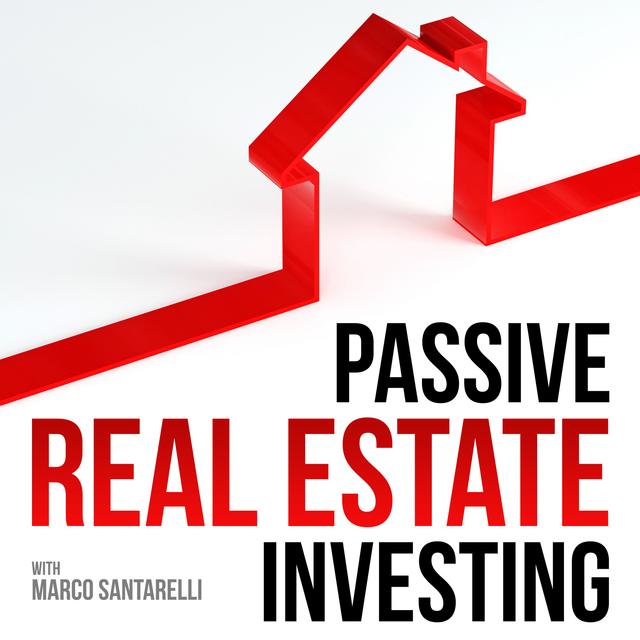¶ Intro / Opening
Welcome to Passive Real Estate Investing, the show where busy people like you learn how to build substantial passive income while creating wealth for the long term. And now, here's your host, Marco Santorelli.
¶ Welcome and Investor Question
Hey, everyone, and welcome to Passive Real Estate Investing. I'm Melissa Nash, your guest host. Jumping in for now, let's dive in. Today I am going to be going over a question that I received from a client of mine. Now, he is a new investor and he is buying an out-of-state rental for the first time. Now, they are very excited and in education mode. They are doing all the things that they're supposed to do.
Now, I helped recommend this market and particularly this team that they're investing with because I know that they do a really great job on the renovations and property management. So the question that he asked me recently, now he's already signed the sales contract, he's going through his due diligence. And he asked me, is there something that I should be looking for as far as risk factors? So that is what we are going to dissect right now. I'm going to tell you what I told him.
¶ Challenging Neighborhood Grade Risk
I've been doing this for a long time, over a decade, and I've owned a lot of properties in A-class areas. I've owned properties in what you'd call D class war zone. And I've owned properties in C class, B class. I mean, basically every, you know, type of property in six different states. And you can have a bad tenant in an A-class property. You can have a bad tenant in any of the different neighborhood grades. You can also have a really good tenant in any of those grades.
I had a tenant for seven years in what I would call a D-class or war zone type area. And she was the best renter I've had. And I would gladly take her back to any of my properties. So how do you as an investor look at different types of risk and what your risk levels are? So if you can't necessarily define it by neighborhood grade.
Because this example is a perfect example of that. How else can you limit your risk in an investment property, especially when you don't live near it? In fact, most of my clients and Most of my properties, 90% of my portfolio is in another state. So how do we define that?
¶ Defining Your Personal Risk Tolerance
First, we have to start with define your risk. Now, everybody has different risk tolerances. Some people would define risk as tenant risk. Some people would define risk as major rehab needed on a property. Some people would define risk as not enough cash flow. They want more cash flow.
So first of all, you have to think about the types of things that would keep you up at night. I call it the sleep factor. If there's something that's really going to stress you out when you're buying a property far from where you live. What would bother you or what would make you stay awake at night and think about? So everybody has different reasons based on their experience. As you become a more experienced investor, you're going to add things or take away things from that list.
So that is where I am coming from when I am answering. So I have helped over 2,500 investors buy properties and I am an investor as well and have a good size portfolio at this point.
¶ The Portfolio View of Risk
So my definition of risk might be a little bit different than one you're thinking about as a new investor. Because the way that I look at my portfolio today is all of my properties support each other. similar to a stock portfolio. So when you look at a stock portfolio at any given time you can have one stock that's doing better than another. Now is that reason to sell one of your stocks because it's not doing well?
No, the same goes for real estate. Now at different times, you're going to have different things going on with your properties. And one thing that I know for certain... most likely, I won't say 100%, but I will say pretty darn close to certain, at some point you will have a vacancy. And at some point, you will have a maintenance call, even on a newly renovated property or even on a new construction.
Now, that is because you have tenants living in your home and they are putting on normal wear and tear on a property. If you think about your own house, do you live in a perfect house with nothing going on? I'm sure that most of you can say that you do not. So that being said, there are certain things to expect. Even if the tenant is taking the best care of your property, there's still going to be some things like that.
